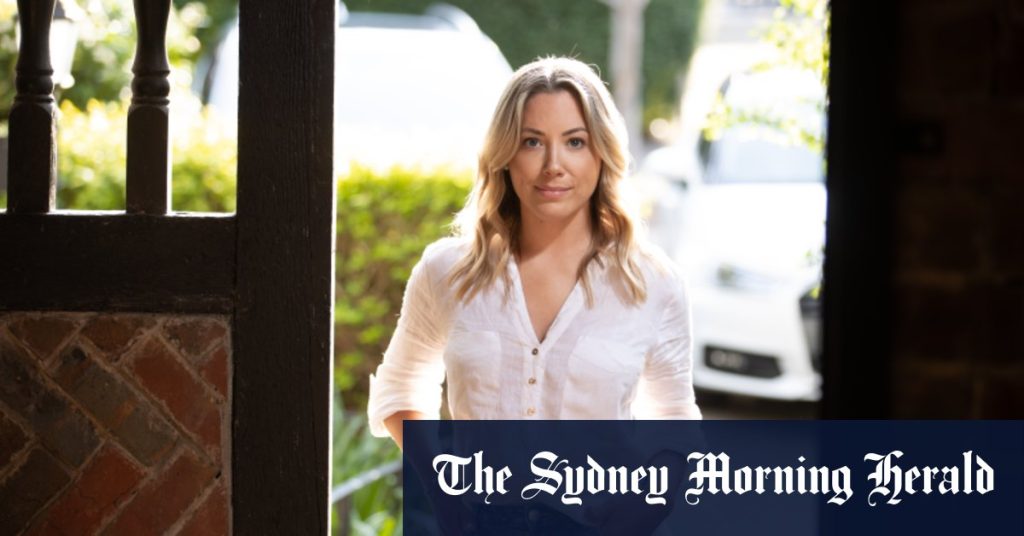A 38-year-old marketing professional living in Melbourne has chosen to freeze her eggs to ensure she still has the ability to have children when she meets the right man. She acknowledges that success is not guaranteed even with egg freezing and advises women to keep a clear head about their options. Most women over 35 will need more than one egg retrieval to collect enough eggs for a reasonable chance of success, according to fertility specialist Professor Simon McDowell. He emphasizes that egg freezing does not guarantee success in future IVF attempts.
Professor Simon McDowell, who is also the vice-president of the Fertility Society of Australia and New Zealand, notes that more women are choosing to freeze their eggs but may not be fully aware of their chances of success. It is important for patients to understand that the process of freezing eggs does not guarantee success in future IVF attempts. Single women and same-sex female couples now make up 17% of those using IVF, highlighting the need for changes in Medicare’s definition of infertility to better include non-traditional families. This reflects a growing trend towards assisted reproductive technologies among a diverse range of individuals and couples.
Women considering egg freezing should be aware that the procedure is not a guarantee of successful pregnancy in the future. While it can provide a sense of security and control over one’s reproductive options, the process may require multiple retrievals to collect a sufficient number of eggs for a reasonable chance of success in IVF. It is important for women to approach egg freezing with realistic expectations and to be informed about the potential outcomes and limitations of the procedure.
The decision to freeze one’s eggs can be a proactive and empowering choice for women who want to preserve their fertility for the future. However, it is important for individuals to understand that success is not guaranteed and that other factors, such as age and overall health, can impact the likelihood of a successful pregnancy through IVF. As more women choose to freeze their eggs, there is a growing need for education and awareness about the process and its potential outcomes.
The increasing use of IVF by single women and same-sex female couples highlights the changing landscape of assisted reproductive technologies and the need for more inclusive definitions of infertility. By expanding the definition of infertility to better accommodate non-traditional families, policymakers and healthcare providers can better support diverse individuals and couples in their reproductive choices. This shift reflects a broader cultural shift towards acceptance and support for a variety of family structures and reproductive options.
In conclusion, egg freezing can be a valuable option for women who want to preserve their fertility for the future, but it is important for individuals to have realistic expectations about the process and its potential outcomes. Success is not guaranteed, and factors such as age and health can impact the likelihood of a successful pregnancy through IVF. As more women choose to freeze their eggs, there is a growing need for education and awareness about the procedure and its limitations. By expanding definitions of infertility to include non-traditional families, policymakers and healthcare providers can better support diverse individuals and couples in their reproductive choices.













